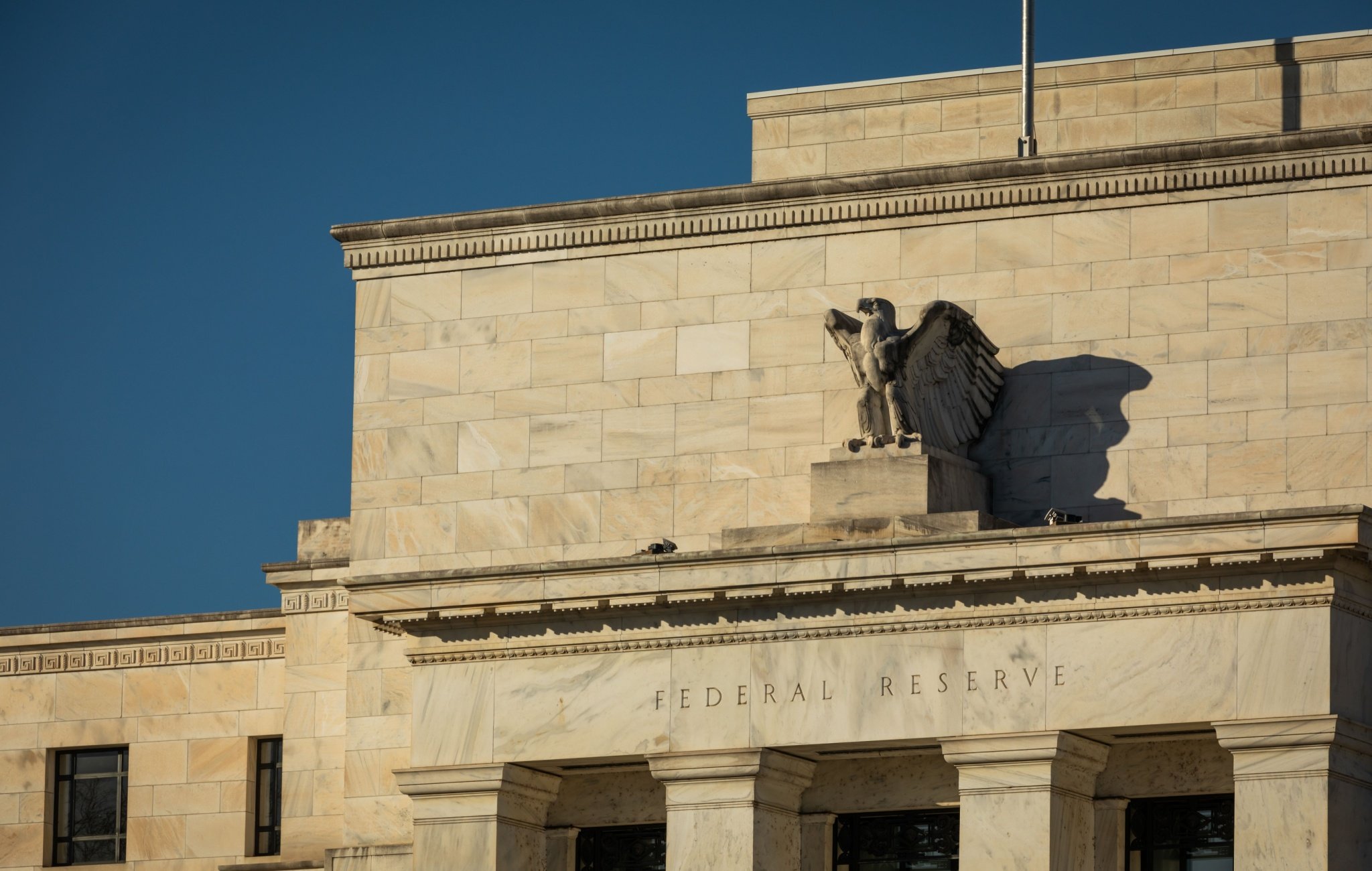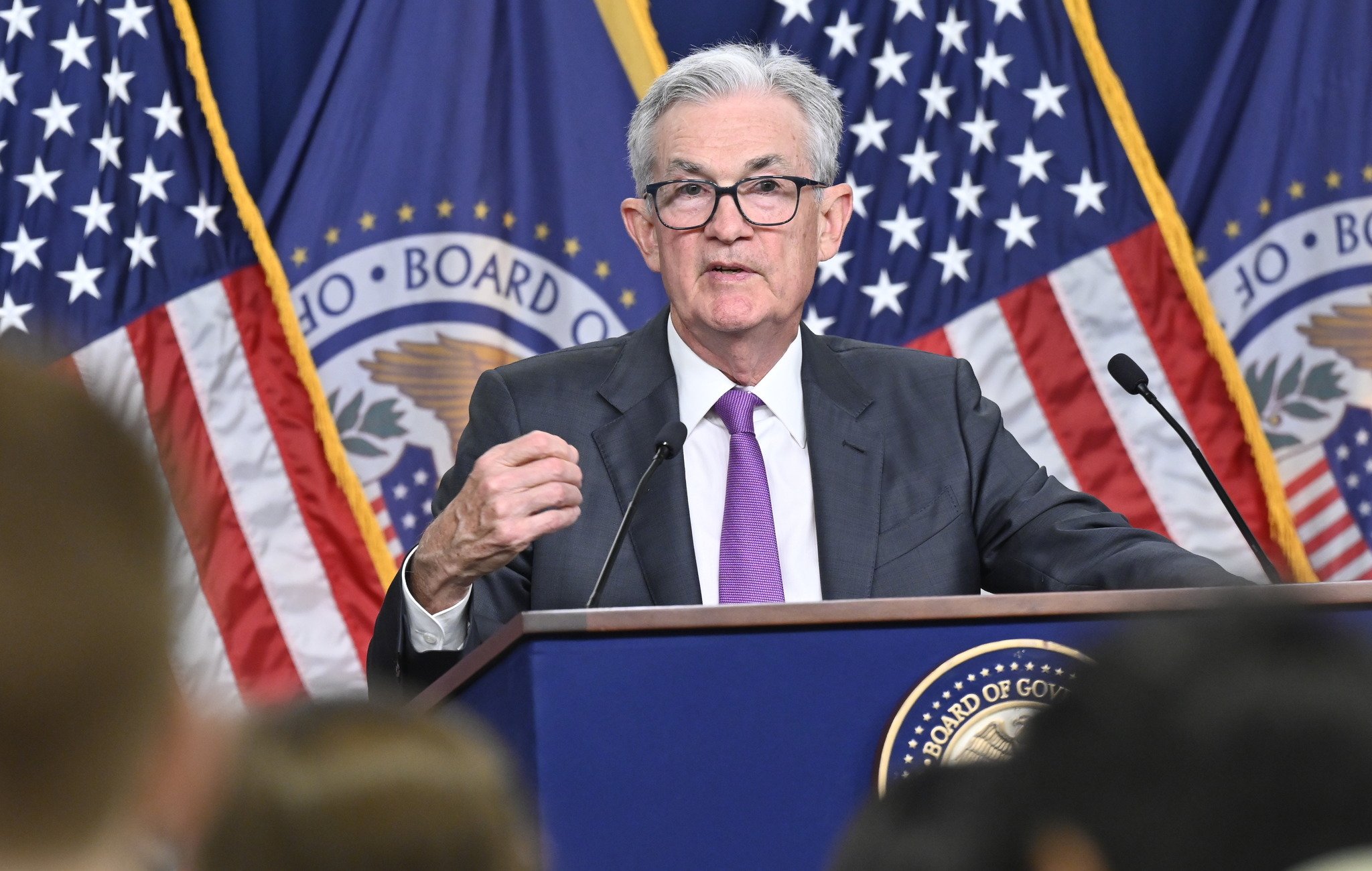Sound Money Project
The Sound Money Project was founded in January 2009 to conduct research and promote awareness about monetary stability and financial privacy. The project is comprised of leading academics and practitioners in money, banking, and macroeconomics.
It offers regular commentary and in-depth analysis on monetary policy, alternative monetary systems, financial markets regulation, cryptocurrencies, and the history of monetary and macroeconomic thought.
For the latest on sound money issues, subscribe to our working paper series and follow along on Twitter or Facebook.
Advisory Board: Steve H. Hanke, Jerry L. Jordan, Lawrence H. White
Director: William J. Luther
Senior Fellows: Nicolás Cachanosky, Gerald P. Dwyer, Joshua R. Hendrickson, Thomas L. Hogan, Gerald P. O’Driscoll, Jr., Alexander W. Salter
Fellows: J.P. Koning
|
Is Argentine Disinflation Sustainable?
“Milei’s lack of political support in Congress adds to the uncertainty surrounding his ability to successfully pass deregulatory reforms… it is premature to declare victory on the fiscal and inflationary fronts in Argentina.” ~Nicolás Cachanosky
|
A Better Model Won’t Fix The Fed
“The whole point of expectations-responsive monetary policy is to remove the discretionary and technocratic elements from central banking. Disappointingly but unsurprisingly, the Fed is doing the opposite: doubling down on discretion and technocracy.” ~Alexander W. Salter
|
Why Haven’t We Whipped Inflation Yet?
“The best we can do is recalibrate models when we get new data. But that’s like driving the car while looking out the rearview window…hardly ideal for knowing how to adjust your steering.” ~Alexander W. Salter
|
Inflation We Can Feel But Don’t Measure
“Regardless of whether one thinks that the CPI should include interest rates and/or asset prices, it seems clear that consumers factor in these costs when evaluating the cost of living.” ~Joshua R. Hendrickson
|
The Fed and Political Independence: It’s Complicated
“We should focus less on who’s allowed to run the Fed and more on what the Fed’s allowed to do in the first place.” ~Alexander W. Salter
|
Inflation Remained Elevated in February
“Market participants continue to expect three cuts this year — and that those cuts will begin in the first half of the year. But they have adjusted the odds.” ~William J. Luther
|
Fact-Checking “Greedflation”
“By fueling an overall increase in demand, central banks can generate a sustained increase in the general level of prices — inflation. Central banks are the primary source of money creation, not firms.” ~Nicolás Cachanosky
|
Inflation Remains Elevated. Is Money Actually Tight?
” Fed watchers expect the Federal Open Market Committee will keep rates steady when they meet on March 19-20. In light of the CPI data, that’s a defensible move.” ~Alexander W. Salter
|
Does Argentina Have Enough Dollars to Dollarize?
“It’s not that Argentina lacks dollars. Rather, it is that the Argentine government lacks the will to commit to its dollarization plan.” ~Nicolás Cachanosky
|
Faster Growth and Interest Rates: Even Harder than You Think
“Higher rates could be a sign of loose money, not tight, depending on how far from the policy change we’re looking and how fast the market adapts.” ~ Alexander W. Salter
|
Fed Admits It Was Wrong – Kind Of
“So rather than starting to tighten policy in the fourth quarter of ‘21, as Powell described, the Fed was implicitly loosening policy through May of ‘22.” ~Thomas L. Hogan
|
Is Inflation on the Rise Again?
“The Fed should be looking ahead and adjusting monetary policy in light of its forecasts. Instead, its eyes are fixed on the rear-view mirror.” ~William J. Luther











